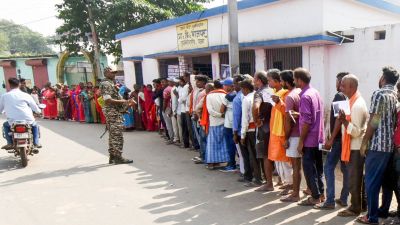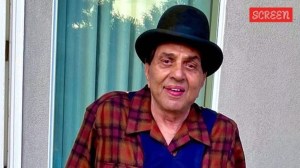SC: Don’t rush to courts with PILs
Seeking to dispel the “illusion” that courts are the panacea for overcoming all the evils plaguing the country...

Seeking to dispel the “illusion” that courts are the panacea for overcoming all the evils plaguing the country, the Supreme Court on Tuesday observed that those unhappy with the performance of a democratically elected government should rather vote it out of power than rush to the courts.
Expressing its reservations on a PIL, which sought directions to the Centre and all states to implement comprehensive traffic safety measures in view of the rising number of fatal accidents in the country, a Bench, comprising Justices Markandeya Katju and H K Sema, said: “This is a wrong illusion. Many evils cannot be cured by courts. Court is not a remedy for all evils. People will laugh at us.”
The court asked the petitioner, Common Cause, an NGO, and other parties to file their written submissions by April 4, 2008. The PIL had sought to issue directions to the Government to improve road safety by improving road conditions, suitably amending traffic laws and ensuring their strict implementation.
Refusing to accept the submissions of petitioner’s counsel Prashant Bhushan, the Bench said: “This is a democracy where elections are held. You vote for a better government if you are not satisfied with the governance.”
Justice Katju, on behalf of the Bench, without mincing words, reminded that judges should know their limits. “Courts can only make recommendations but cannot make any binding law,” he said, reiterating the point that courts cannot legislate and take over the functions of the legislature.
The PIL had also urged the court to direct various governments to educate people on road safety measures besides making arrangements for providing swift medical facilities to the road accident victims.
The Bench seemed unwilling to accept the submissions put forth by the advocate, who even pointed at some earlier decisions of the apex court drawing the point that court can pass orders if the legislature or the executive fails to act.
The court even cited a series of cases like the one which is pending before the Chief Justice’s Bench about cleansing of river Yamuna. Despite spending over Rs 1,400 crore, it observed, “it (Yamuna) is not a river but a nullah (drain).”
The judge even sarcastically asked whether people would start coming to courts seeking an end to the growing number of murders in the country. “Someone will come with a writ before us to stop murders,” he remarked, objecting to the petitioner’s arguments.
Earlier, during the previous hearing spanning over five years, the apex court had sought replies and views from various state governments, in response to the notices issued by it.





- 01
- 02
- 03
- 04
- 05


























